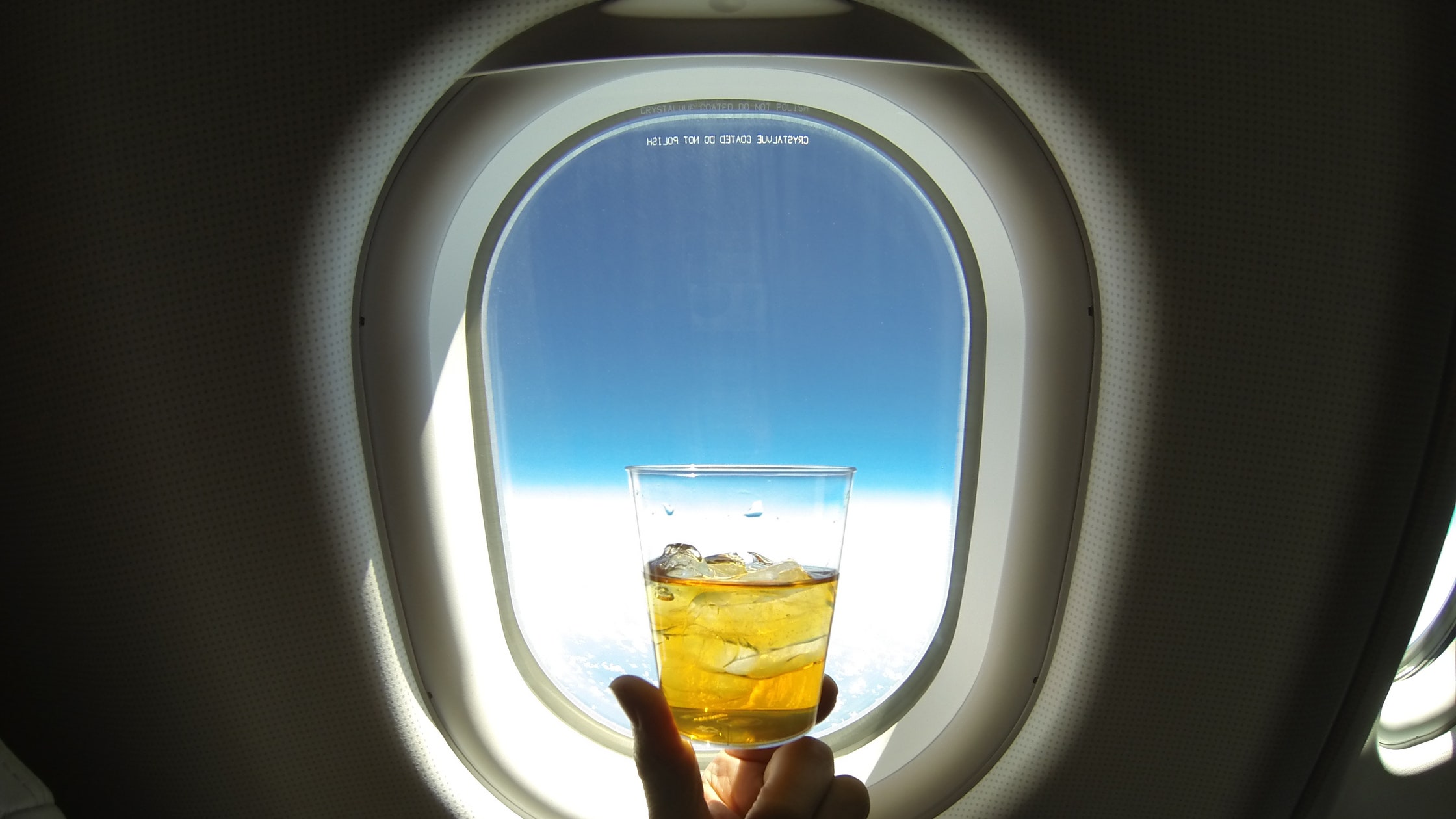Foods to Avoid While Flying
As much as we love hopping on a plane to get to a new destination, it’s no secret that plane travel can wreak havoc on your body. The low air pressure, the cold temperatures, and the reduced oxygen levels all have the potential to impact you physically—not to mention the effect of general travel stress and disrupted sleep.
However, there are ways you can combat some of the side effects of traveling by plane. Below, we explore the food you should avoid eating before, during, and after flying.
Impact of Travel on Digestion
Cabin pressure tends to have the most impact on our digestion when flying. Many travelers experience bloating on planes, and experts have suggested a link between the low air pressure and gas expanding within our bodies.
You might find you tend to be more bloated or gassy—think about when your ears pop on a plane; your digestive system is experiencing a very similar thing. Moreover, food on planes typically tends to be ultra-processed and low in nutritional value. These meals are often lower in fiber and higher in sugar, salt, and preservatives, which can cause digestive issues too.
Foods and Drinks to Avoid on Flights
While there is no solid evidence suggesting we should eat differently when flying, avoiding certain foods can help your digestive system perform better under different conditions. For example, it can be crucial to increase your water intake as planes are usually less humid, which may lead to faster rates of dehydration.
Avoiding dehydrating foods and drinks will also help. Alcohol, for instance, can be particularly dehydrating, especially if you’re not drinking enough water alongside. If you choose to consume alcohol, opting for something like a single Bloody Mary may provide some hydration benefits, as tomato juice is rich in electrolytes and antioxidants.
It’s also wise to skip coffee, as it can be dehydrating and may heighten anxiety for nervous flyers. Caffeine is a stimulant, which could lead to increased production of hormones such as adrenaline—this may be uncomfortable for anxious travelers. Therefore, consider switching to decaffeinated drinks. Alternatives like hot cacao, matcha lattes made with almond milk, herbal teas, or decaf versions of your favorite drinks can also be soothing options.
Avoiding salty food is another key recommendation. Consuming excessive salt can exacerbate dehydration, leading to headaches, fatigue, and brain fog. Thus, it’s best to opt for snacks without added salt and steer clear of salt-laden meals before and during your flight.
Remember that ultra-processed food is often high in salt, so try to select fresh, whole-food-focused meals at the airport. While this can be tricky on long flights where airplane food is often heavily processed, packing your own meals before travel can be beneficial.
It’s advisable to eat something light and easy to digest before a flight. Foods rich in antioxidants paired with complex carbohydrates, like whole grains, are ideal. Additionally, consider bringing along nutrient-rich snacks to supplement airplane food. Recommended snacks include fruit, nuts and seeds, dark chocolate, popcorn, and oatcakes.
Additional Tips for Better Digestion While Flying
To enhance your travel experience, here are some tips shared by nutritionists:
- Keep up with any supplements you usually take.
- Cut back on dehydrating drinks like caffeine, alcohol, and fizzy beverages.
- Prioritize hydration. Bringing an empty water bottle to refill ensures you’ll stay hydrated. Aim for drinking 1.5 liters of water daily.
- Pack convenient snacks, such as dried fruits, nuts, and seed mixes, which are easy to travel with.
- Maintain a variety of foods in your diet while traveling.




